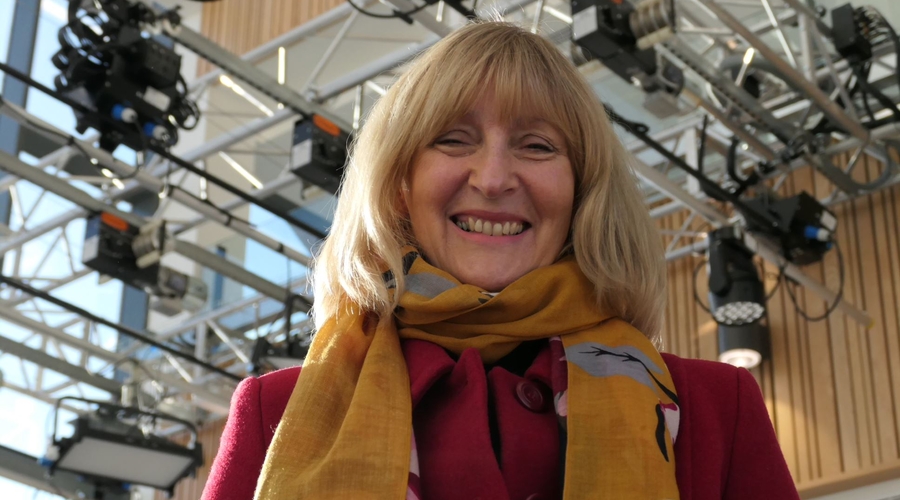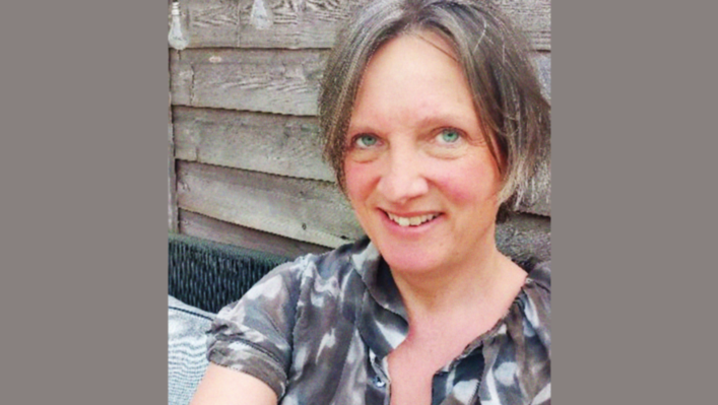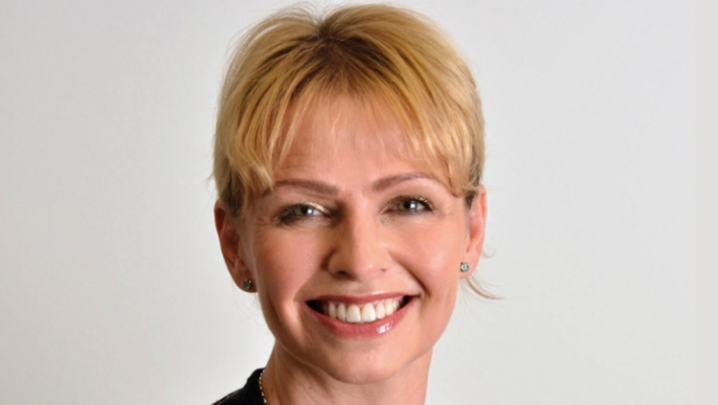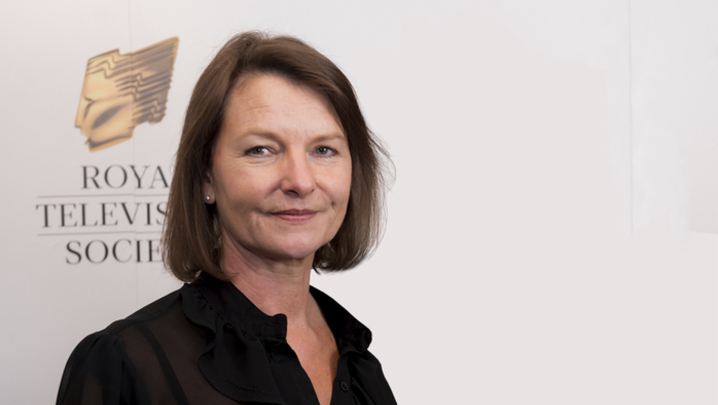Stephanie Farmer welcomes a new intake of students who can build on a great film and TV-making tradition
Along with many others, I was there in August, camera poised, looking out into the ethereal purple sky as the incredible supermoon rose majestically above the Isle of Wight and cast its dazzling reflection far out along the calm waters of the South Coast.
I thought of it as the last hurrah to the hot, hot summer of 2022. And what a summer we had. There was a great deal to broadcast about. The Platinum Jubilee cheered us up as we picked up our flags and headed out into our post-Covid street parties.
Reporters across the South did their duty, ate their marmalade sandwiches and filmed the town criers calling everyone to attention. But the war in Ukraine was raging and the worst European drought in 500 years was on its way.
Refugees crossing the channel to our South Coast towns is a continuing story and we’re all experiencing a worsening cost of living crisis.
And, of course, we marked the end of the Second Elizabethan Age.
But students across the South are getting to grips with a new life. Over the last few weeks, young people, desperate to get started on their media journeys, are filling up our classrooms and coffee bars.
As is usual in the first week or two, they look a little lost and apprehensive, but soon they will be enjoying lots of new experiences that will propel them into the exciting world of media production.
Some of the students will be RTS Bursary Scholars. To date, the scheme has supported 280 students on a wide range of courses, offering vital financial help, industry mentors and free access to RTS events.
In recent years, many universities in our region, like my own in Bournemouth, have invested heavily in fantastic new TV studios, sound stages, cameras, post-production facilities, campus buildings and accommodation.
What, then, lies in store for these young people when they enter the industry? The South is a great place for production, going all the way back to the 1955 film The Dam Busters, to this year’s Star Wars Andor. Both shot scenes in Dorset.
James Bond has dropped into Farnborough airport several times and, in 2013, West Bay had the Broadchurch effect. Now, Ricochet’s The Repair Shop, filmed in the South Downs, is one of our best-loved TV shows.
Brighton continues to be a lively production hub and is home to the RTS- and Bafta-award-winning Seventh Art Productions.
Maidstone Studio complex is a hive of activity, with companies such as Terrific TV delivering shows for CBeebies and Sky. We also have the long-standing Topical TV producing daytime shows and content for The One Show, alongside Woodcut Media’s highly successful true-crime series World’s Most Evil Killers.
There is a thriving animation scene in Bournemouth. Companies enjoying the sea view include Outpost VFX and LoveLove Films, which is currently developing a children’s series with Aardman.
Many of these companies are reinforced by the exceptional graduates from our region. Business is booming and indies are reporting a shortage of production managers, co-ordinators, script supervisors and editors. The work is there – students need to be ready to go and grab it.
Many companies say it’s more about attitude than experience. The students I talk to have been through a torrid time over the past few years, with an interrupted education and social life. They are eager to learn and get on with their lives. I believe that coping with Covid has, with our support, helped them build up a resilience they can use to their advantage.
There are plenty of stories in the South yet to be told, there are audiences waiting to hear them, and it’s a wonderful place to study, live and work.
Stephanie Farmer is executive producer, RedBalloon Productions, at Bournemouth University, and Chair of RTS Southern Centre.






